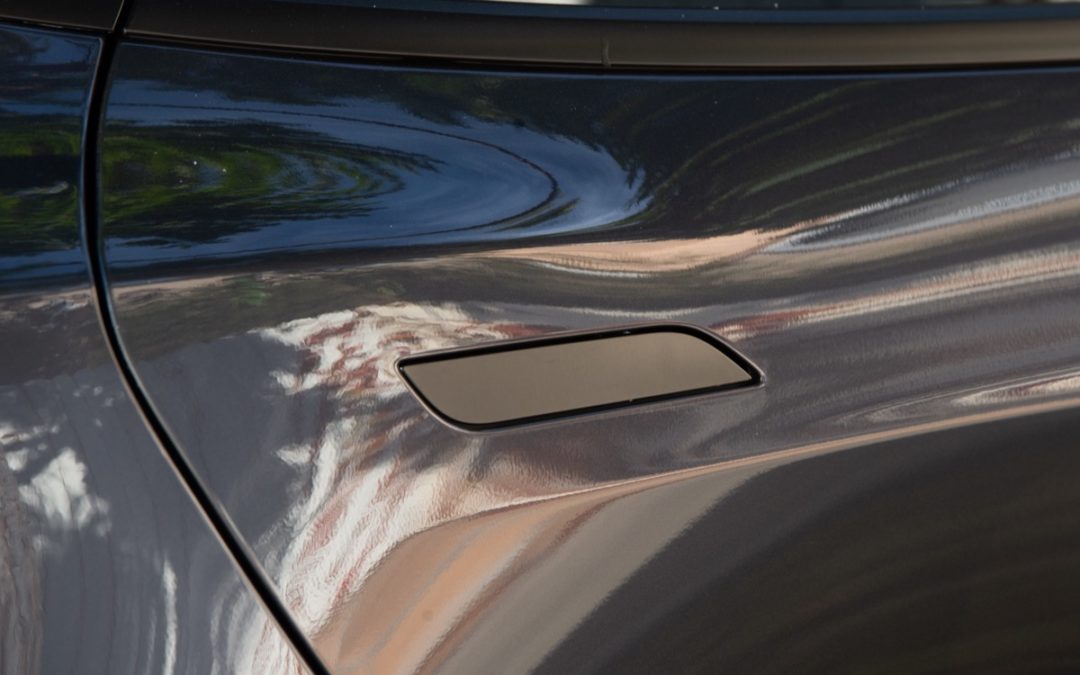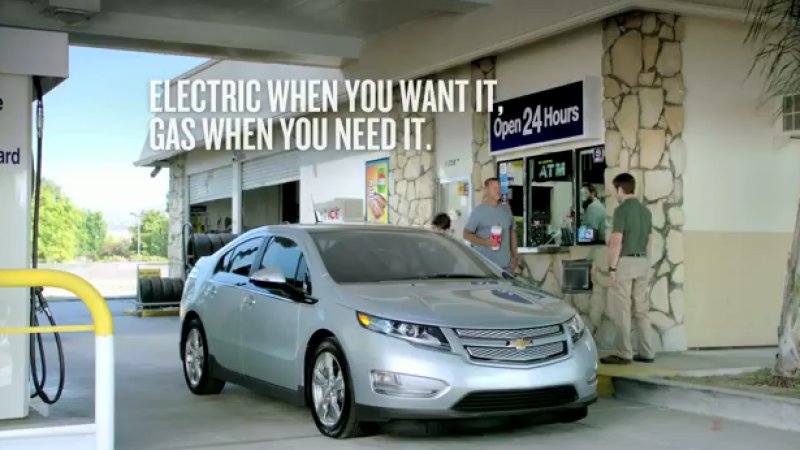
by Scott Chamberlin | Sep 23, 2018 | Mitigadaptation
In the classic Looney Tunes gag, Wile E. Coyote has bought his classic ACME detonator and deployed some TNT to do the Road Runner in. As the bird approaches, the coyote hits the plunger. The plunger jams in typical form, and the harder the Coyote fights it, the stronger it resists. He jumps on it, smashes it into the ground, strains as much as possible. But as soon as he abandons it to its own will, it gently detonates on its own —just as the canine himself reaches the target. The gag works, of course, because we all know how unproductive, and sometimes even counter-productive, a bad plan can be.
In the case of climate change, even some of the best plans we have seem prohibitively, impossibly, difficult. We believe that some of the best ideas to address climate change are yet to be had, and many that rise to the top will be the simplest of all. It can’t all be “low-hanging fruit,” but the most impact will be had by good ideas that recognize points of resistance and predict opportunities for mass-uptake and for scale.

by Scott Chamberlin | Aug 11, 2018 | Mitigadaptation
Just like most early electric cars, media coverage of the EV industry just looks, er… different.
The cover article in this week’s Newsweek is a case in point. “What If Elon Musk Succeeds? Tesla, SpaceX Founder Wants to Transform Technology—and Put Humans out of Work.” The writer, the usually thoughtful David H. Freedman, opens the article with eight paragraphs focusing on the manic tweeting and general eccentricity of Tesla’s CEO, Elon Musk — only to then turn around and say, “But if you’re focusing on Musk’s ‘bad manners,’ as he called his meltdown, you’re missing the point.”
Leaving aside the weirdly transparent exercise in projection, it’s what comes next that’s so strange:

by Scott Chamberlin | Aug 3, 2018 | Mitigadaptation
In the first years of this century, when inexpensive cell phones spread low-cost, ubiquitous communications around the world, another amazing thing happened: the rationale for wiring the developing world for telephones vanished. Cellular technology rapidly leapfrogged old-timey telecom’s slow-motion efforts to wire remote outposts (in Africa, for instance: 2004, 2009, Pew 2015), providing phone, and later Internet, banking, and other services where they had never existed before. No matter what you think of resulting social changes, nobody mourned the utility poles, wire, labor, and time not spent on a telephone grid….

by Scott Chamberlin | Jul 14, 2018 | Mitigadaptation
The Mitigaptationist is no “influencer,” but we’re not above pitching a product. In fact, we now present a full-throated endorsement of our own car, the second-generation Chevy Volt. We’ll do it here on economic grounds, and leave green-ness, technical quality, safety, joy to drive, and other virtues to better qualified reviewers (first-gen 2011 “Car of the Year,” second-gen 2016). To us, if you have to drive a car in the year 2018, while also caring about the impact of doing so, the Chevy Volt is the car to drive….




Recent Comments